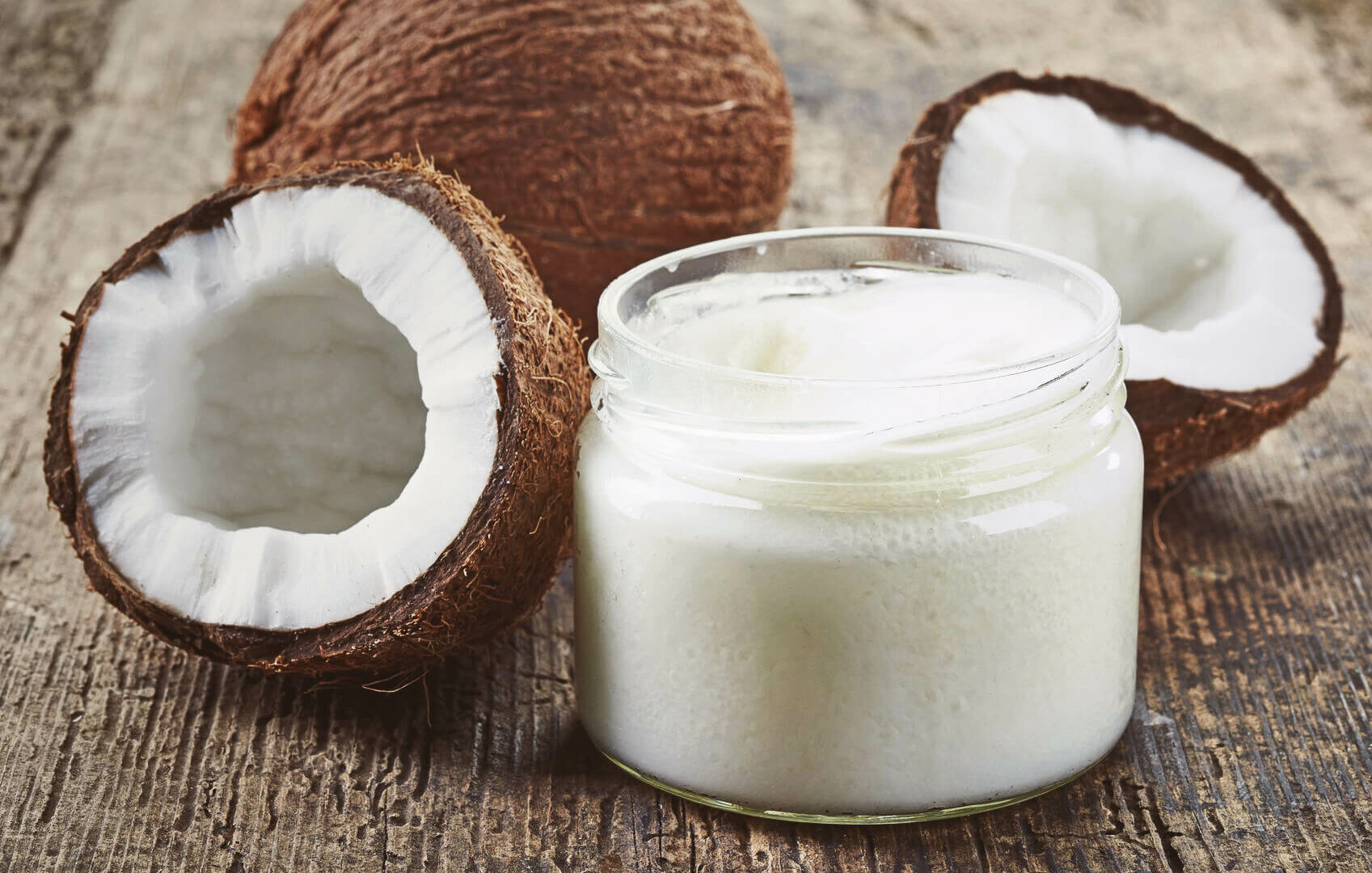“Eat real food.”
“Don’t eat processed foods.”
“Whey protein isn’t a real food.”
You’ve heard these statements before. If you haven’t, you have heard some permutation of them as it relates to an optimal diet. The impetus for this came from a Facebook status that read:
Open question attempting to understand dissonance here- IF the statement “Protein supplements are not real food” is made, what is the reason for stating they are not? In other words, what makes whey powder a “supplement” and not a “food”?
Now, the original question was about whey protein, but it opens up to a larger area of questions we can ask ourselves. With that in mind, it’s important to that the clearer we define something the more useful the definition. That said, let’s make a comparison. In doing so you will come away with the answer to the following: what is a processed food? What is a supplement? And what is a “real” food? And after that, when are they necessary?
The Big Three
This time, I’m not referring to the lifts. I’m referring to the big three of nutrition. That is, the main macronutrients you keep track of; I mean, of course, protein, carbohydrates, and fats. Within those macronutrients, we can find isolated forms of those. In fact, we encounter them every day:
- Table sugar
- Coconut oil (or olive oil)
- Whey protein isolate
Whey protein starts to look a bit different when viewed with this lens. In fact, people on almost every side of the diet spectrum (sans vegans since whey is an animal byproduct) love both fatty oils and whey protein isolate. Yet, sugar always gets a bad reputation, like the mean kid who kicked sand in your face on the playground in grade school.
Whether you demonize or praise any of them is irrelevant as it relates to the facts about them and their potential efficacy. So let’s take a look at them.
Olive Oil
I have no doubt I don’t I need to mention that olive oil comes from olives themselves. So with that in mind, let’s take a look at the nutrient content of olives. One hundred grams of olives yields 11 grams of fat, six carbohydrates, around three grams of fiber and less than one gram of protein. As for the micronutrients, olives are filled with iron, calcium, and vitamin A.
The isolated counterpart, olive oil, has one hundred grams of fat per one hundred grams. In addition to that, the iron count is much lower than that of olives and has no other micronutrients or macronutrients to speak of.
Coconut Oil
Coconut oil is the isolated oil from a coconut. Before the isolation and loneliness of the poor oil, one hundred grams of coconut yields the following, in terms macros and micros: three grams of protein, 15 grams of carbohydrates, nine grams of fiber, and 33 grams of fat. It also contains vitamins C and B-6, magnesium, and iron.
The oil, per one hundred grams, contains one hundred grams of fat, 87 of which come in the form of saturated fat. No micronutrients to speak of.
Sugar
If you’re noticing a pattern, good. One hundred grams of table sugar has around one hundred grams of carbohydrates in it, with no micronutrients. Honey and cane sugar come in close with a negligible caloric difference as well.
Whey Protein Isolate
For every hundred grams of whey isolate, we get 89.3 grams of protein, 1.8 grams of fat, and about two grams of carbohydrates. Note that the isolate is the purest form you can get, therefore giving it the highest amount of protein, the least amount of fat, and the least amount of lactose and cholesterol per gram. In addition to that, whey isolate also contains calcium.
Compare this to whole milk which has about 3.2 grams of protein and fat per one hundred grams and 4.8 grams of carbohydrates per one hundred grams along with calcium and vitamin D for micronutrients.
Processed Perspective
So what I listed above were isolates of the three main macronutrients. Each one of them can be beneficial if used by the right person for the right reasons. And where do they come from? Processing, of course. Now, it’s important to understand what the word “processed” means. Is it some evil machination to make the world fat? Is it bad for you? No on both counts. To process a food means to make deliberate changes to something before you eat it.
This means cooking is a process. This means that when pioneers traveled to the west in America in the 18th and 19th centuries they processed their foods to preserve them. How? Salting and smoking them. Freezing your foods can be a form of processing, as can blending them in a blender or a food processor.
In the case of our foods, it becomes simple. Processing the milk yields the whey protein isolate. You process the sugar cane to get table sugar. You process the olive or the coconut to yield the oil derived from either of them. In this case, too, we are taking away from the original source to make the isolate. In other cases, you can fortify a food as a form of processing. A good example of this would be a refined grain, like white bread, with added vitamins and minerals.
With that in mind, processing is going from a starting point to an end point for a good.
Supplemental Perspective
To supplement with something means to add to it. It could also mean to complete something. With that said, what is a dietary supplement? The FDA says
A dietary supplement is a product intended for ingestion that contains a “dietary ingredient” intended to add further nutritional value to (supplement) the diet. A “dietary ingredient” may be one, or any combination, of the following substances:
- a vitamin
- a mineral
- an herb or other botanical
- an amino acid
- a dietary substance for use by people to supplement the diet by increasing the total dietary intake
- a concentrate, metabolite, constituent, or extract
Dietary supplements may be found in many forms such as tablets, capsules, softgels, gelcaps, liquids, or powders. Some dietary supplements can help ensure that you get an adequate dietary intake of essential nutrients; others may help you reduce your risk of disease.
Now, with these definitions, it doesn’t always have to be something sold at your local vitamin store. But you indeed can buy supplements for the big three macronutrients. Most lifters have taken fish oil, a fat supplement. Fewer lifters, in my experience, have taken a carbohydrate supplement. Yet, you can buy dextrose in powder form from the supplement shop. And you can count on one hand the number of lifters who haven’t taken whey protein powder at some point in their lives. All of these particular products are often used to enhance a person’s diet for a variety of reasons.
The Efficacy of “Supplements”
Now, what could be the point of these foods? For one thing, isolating the macronutrients this way can yield a better bioavailability. And all bioavailability refers to is how much of a substance hits your circulatory system when you ingest it. Fiber, for instance, slows the bioavailability of sugar, whereas attaching an IV to your arm to receive nutrients increases their bioavailability to 100%. So an isolate like sugar can be more bioavailable for someone who has low blood sugar and needs to raise it fast. If you have ever seen a diabetic with low blood sugar reach for a candy bar, now you know why.
In other cases, a person who happened to have finished an ultra marathon or an ironman is apt to choose something more calorie dense for the same reason. And if a person has trouble meeting their protein needs for whatever reason, the whey isolate can pack a large difference in a small package. All these examples are examples of supplementation in various contexts. They are adding to an existing diet. No more and no less. As for when you need to supplement, it comes down to questions you have to ask yourself. Do you have medical issues? Food allergies? Can you meet your macronutrients and your micronutrients? Depending on your answer to these questions, you will have to weigh the cost of supplementation.
Real Answers for Real Food
Now, we can talk about whether these constitute “real” food or not. One thing is for sure: they exist. But here’s a distinction: some people will always call coconut oil a real food. Yes, they call an isolated fat a real food. And I agree with that. They will even call sugar a real food. They might use other adjectives like “evil” to do so, but at least they have the fact that they know it is real going for them. But why do they fall short of calling whey protein a real food? Of course, it has to do with the fact that it is more processed than other protein forms, like chicken, egg whites, or steak. With that comes the assumption, then, that real food has a degree of satiety to it. But, that’s not always the case, and it differs right down to the individual. In short, a real food is a food that provides you with nourishment, including but not limited to a degree of satiety. And supplements can fall into this category, too. And your needs are dependent on the questions you ask of yourself as it relates to your diet and your medical history.

